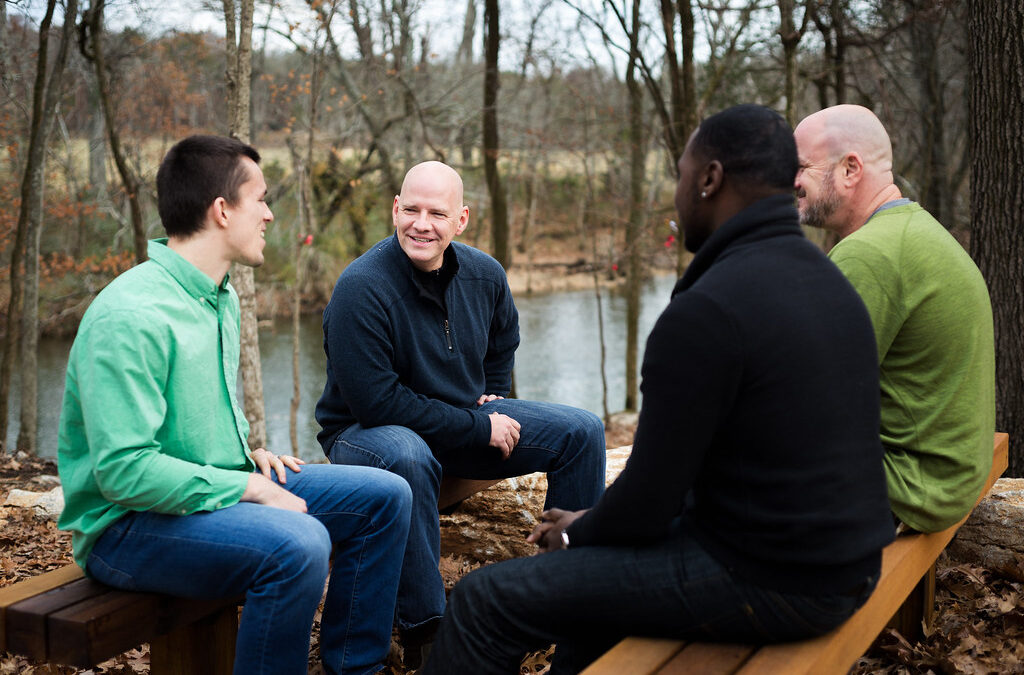In this Q&A, The Optimist speaks to Dr Saundra Dalton-Smith about the importance of rest for a more energised and healthy life.
Dr Saundra Dalton-Smith was once exhausted, as many people are. As a practising internal medicine physician, she started researching well-being and rest.
“I was so tired all the time,” she says. “Most of the conventional medicine that was allowable pointed back to sleep as being the only resolution of fatigue. I did that, but I still felt tired.”
Her burnout led her to uncover a truth: sleep does not equal rest.
Dr Dalton-Smith studied for her Bachelor of Science in biochemistry at the University of Georgia and graduated with honours from Meharry Medical College in Nashville.
Today, Dr Dalton-Smith is a renowned speaker, bestselling author of Sacred Rest, and the founder of Restorasis. This professional development platform helps individuals and organisations combat burnout through a deeper understanding of rest.
How did you start researching well-being and rest?
When I burned out, I started researching and trying to find reasons why I was so tired all the time. Most of the conventional medicine that was allowable pointed back to sleep as being the only resolution of fatigue.
I did that, but I still felt tired. There was nothing medically wrong with me. I was physically healthy but chronically tired. That’s when I started asking: What other kind of tired can I be? Because it wasn’t just sleep that I needed.
You’ve said, “Sleep and rest aren’t the same.” What led you to that realisation?
I began thinking of energy in terms of “energy in” and “energy out.”
Each day, I tracked the kinds of energy I was using. For example, I might walk into a patient’s room and have an emotionally intense encounter. In another room, I might be using mental energy, diagnosing, choosing medications, and being analytical.
Over time, I saw patterns. Many of them overlapped and fell into larger categories, such as creative processes, emotional management, or physical exertion. That’s where the seven types of rest eventually came from.
It became clear: if you’re pouring out energy in a specific way, you need to refill that same type of energy to feel restored.
Curious about the full rest framework Dr Dalton-Smith developed?
Read our article: Review: ‘7 types of rest’ that you should know
Which type of rest do you think is most misunderstood or under-practised?
Creative rest, definitely. Most people don’t even know it exists, so they don’t think to practise it. Many people associate creativity primarily with artists, musicians, or writers. But teachers, doctors, parents, and anyone solving problems or adapting in real-time are using creative energy.
For instance, if a teacher is trying to educate two very different students, such as one who is a visual learner and the other an auditory learner, that requires creativity. Even scheduling your week requires creative problem-solving.
How can professionals recharge the type of energy they use the most in their work?
One thing I’ve found is that creative professionals often don’t recharge through their own medium. For example, musicians usually don’t find rest by listening to music. They can’t “turn off” that part of their brain. Instead of relaxing, they start analysing the chords and dissecting the performance.
But if that same musician goes to an art museum or spends time in nature, they can just be. They can enjoy beauty without dissecting it. It’s about surrounding yourself with inspiration and wonder in a way that doesn’t require your creative output.
For some, it might be reading a novel or watching the ocean. I’ve had musicians tell me a single line from a book gave them the spark to write an entire song. So, creative rest looks different for everyone.
In a culture that celebrates productivity, how do you rest without feeling guilty?
We tend to value work over rest. We see rest as a reward after work rather than something that actually makes our work better. But we’re not really after more work; we’re after better quality work.
Rest helps us do that. It improves our focus, creativity, and emotional resilience. Once you stop seeing rest as a luxury and start seeing it as part of what fuels your productivity, it becomes easier to value it without guilt.
Over a million people have taken your Rest Quiz. Have there been any trends or patterns in the results that surprised you?
In the last couple of years before COVID, we’ve seen emotional rest deficits rising, likely linked to the global mental health crisis. People are feeling lonely, anxious, and disconnected, and the quiz data reflects that.
One surprising shift happened during COVID. Everyone went virtual, and we started hearing phrases like “Zoom fatigue,” words we’d never used before. We saw a big spike in sensory rest deficits. People were overwhelmed by screens, notifications, and virtual input.
As of now, it’s back to mental and emotional rest being the most common deficits. Those two consistently top the list.
How do you usually start your day?
I start with a quick self-check. I ask myself, How do I feel? Do I feel energised or drained? Does anything hurt?
For example, I just got back from a 14-day trip to Europe with my family, lots of hotel stays, eating out, and long flights.This morning, I woke up, and my shoulders were tight. That tells me I need some physical rest and some stretching.
I don’t take the full Rest Quiz daily, but I do a quick version of it mentally. It helps me decide where I need to focus my energy restoration that day.
If you were to expand the current rest framework, what would you add as an eighth type of rest?
If I added one, it would probably be nutritional rest. I think there’s something to be said about the benefits of intermittent fasting, clean eating, and avoiding chemical-laden foods.
Can you tell us about your newest book and what readers can expect from it?
I have a new book out: Being Fully Known: The Satisfaction of Beholding and Belonging. I go deeper into emotional, spiritual, and social rest, particularly the rest we find in belonging, intimacy, and being seen for who we truly are.



